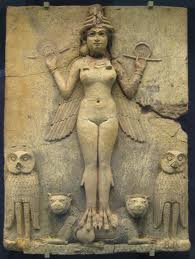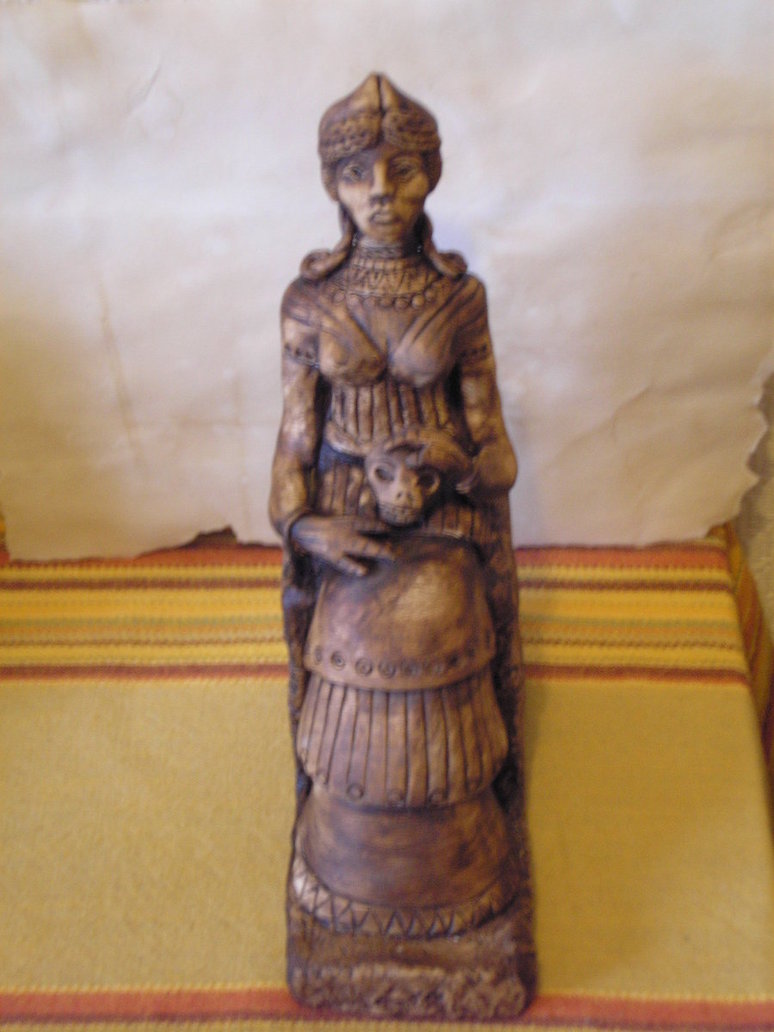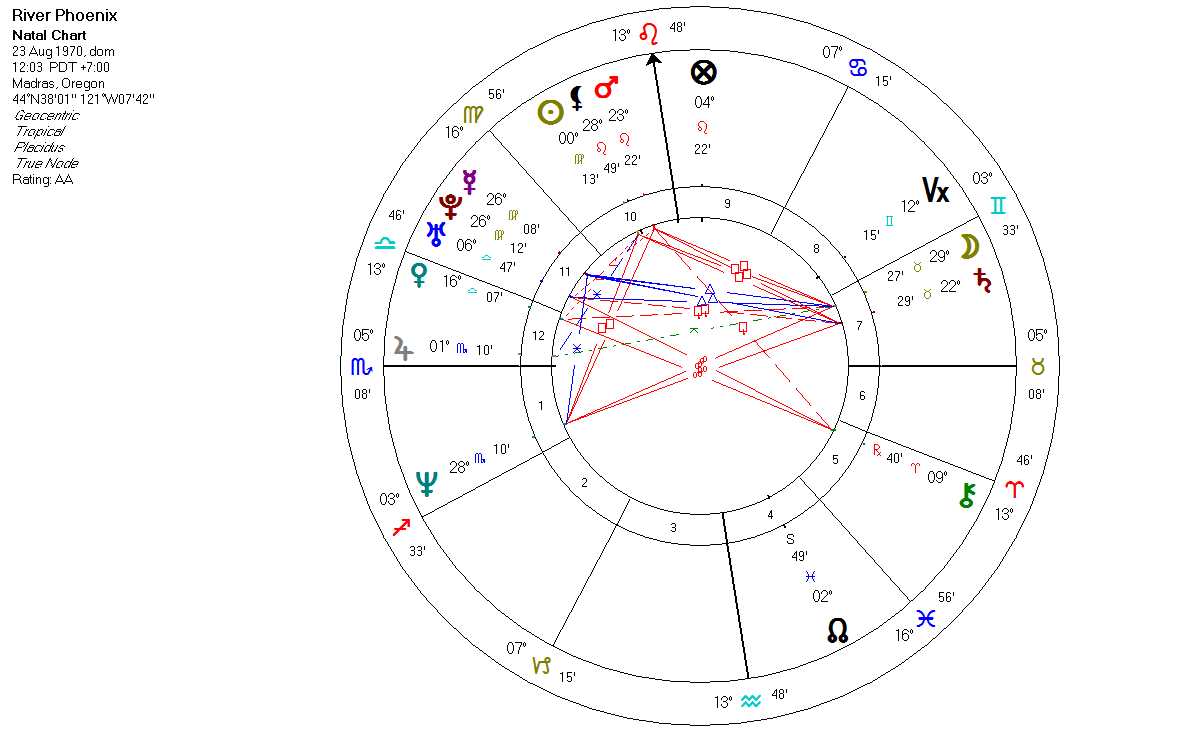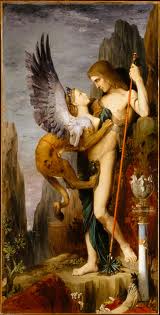What is Psychological Astrology?

Babilonian Art – British Museum
In the Sumerian myth The Descend of the Goddess, Inanna, an earlier form of the Greek Aphrodite, is the Goddess of the Heavens. She’s joyful, radiant and sensual and everything seems to go well for her until she needs to go down the Inferior World, Ereshkigal’s realm, her dark sister, The Lady of the Great Place Below, who has just lost her husband. As she meets Inanna, Ereshkigal is in a foul mood, very angry indeed and she doesn’t take lightly her sister daring to come down to her world, even though it’s a display of sympathy towards her, Ereshkigal: “How dare you come into my realm?” – So she submits Inanna to the same treatment she gives all souls that arrive there: Innana has to pass through the seven gates of the Underworld and at each of them she is stripped of something that identifies her as the Goddess of the Heavens: garments, robes, jewellery, until she is left utterly naked. Then she is made to bow before Ereshkigal, who in turn kills her and hangs her body on a meet hook. Inanna, who used to be the gorgeous and exuberant queen of the heavens finds herself dead and alone in the underworld, her body left to rot and all she can do is stew in her own decay(1).

That’s how we usually feel when we go through a Pluto transit: we feel powerless, miserable, lonely, forsaken, depressed, as if we had already died and had been left to rot. That’s how Luana* was feeling when she first came to have her chart read. She promptly recognized the theme, linking the descend of the goddess to her own descend to hell as she had to recognize the failure of her marriage, after having fought for it for several years. Admitting to the end of her marriage along with other problems had led her to a deep depression and to a feeling she had died somehow, like in the myth. Listening that the suffering she was going through was somehow part of a life cycle and that there was a reason for such pain gave her some solace and some new perspective about everything that was happening, liberating her to consciously make the necessary changes in her life.
Using the myths is just one of various approaches of Psychological Astrology, which also drinks from Jungian Psychology source, using the concepts of the Archetypes, the psychology of the elements, fairy tales, Alchemy and Art to shed light on the clients’ situation helping them to better understand the dynamics at work in their psyche, the present situation they find themselves in and the challenges they’re facing.
CRISIS AND CROSSROADS
Like Luana, all of us go through phases when we feel confused, lost and extremely vulnerable, while experiencing utterly devastating crisis. We lose the sense of who we are or what we are doing with our lives. Losing a job, the end of a relationship, grave health problems, changes of home or of financial situation, can lead us to states of loneliness, despair and depression. At these crisis points, Astrology, which is also a study of the cycles of life, can be very useful to understand why we find ourselves in such trouble, giving a new meaning to whatever is going on, and, even if the pain is still excruciating, at least we can have some perspective as we realize that such difficulties are part of our development as a human being and that there might be a reason for our suffering. Besides diminishing anxiety, we can find out what is asked of us at that given moment and what the possible alternatives are for dealing with such circumstances that challenge us. But, as Howard Sasportas says in his book, the Gods of Change, “we can’t go anywhere until we accept where we are. We first need to allow into awareness whatever emotions are surfacing at this time”.

THE NATAL CHART – The substance we are made of
Being a unique individual, you were born on a given day, on a specific time, in a particular location. It’s from these data that the Natal Chart is drawn. As the planets’ positions in the elements, signs and houses are delineated, plus the aspects they make to each other, the natal chart shows the substance you are made of: your psychological type, potentials, talents, weaknesses, difficulties and challenges; the scenery and landscape you may find in the world, the environment and conditions in which you were raised, besides the perspectives and ways of looking at life, and, of course, the cycles which will unfold throughout life and which will be part of your personal development. In other words, the Natal Chart says who you really are and where you are going to, and by doing that it is indeed a powerful tool for self-knowledge and self-understanding.

So, in a reading, more than listening that one is Taurean, Cancerian or a Leo, the individual has the opportunity to understand why he acts as he does and what might be behind such behavior. Moreover, he has the chance to recognize some patterns that keep repeating in his life, having the possibility of looking at himself under a new light, with more compassion and self-acceptance. Instead of denying, feeling guilty or powerless before personality aspects that one thinks one can’t change, the acknowledgement of such dynamics can be very empowering and liberating. Moreover, it can give the individual renewed strength to try to become the best version of himself/herself, for we can only transform that which we accept as part of ourselves. This is much more than reading weekly horoscope columns and demands commitment with oneself and with one’s own personal development.
PREDICTIONS – is it just a question of asking what future has in store for me?
Although Astrology is going through a new phase and an apparent kind of renovation in the public eye, many people still seek a reading wanting to know “what future has in store” for them. There are some branches in Astrology that focus on that kind of service, which has its value and application. However, that is not the approach of the psychological branch. Dane Rudhyar, the precursor of Psychological Astrology, used to say that “it is not the event that happens to the individual, rather, it is the individual that happens to the event”, meaning with this that the more we know ourselves, the less predictable and subjected to the circumstances we become; and conversely, the less we recognize our own inner ambivalence, the more we are open to external events which fall over our heads crashing our well-organised-neat-lives.
Thus, more than making predictions saying what is going to happen in your life, what Psychological Astrology proposes is a new look about these events and our responsibility in attracting them to our lives; how our predisposition and soul aspiration for integrity and wholeness have led us to the situation we find ourselves experiencing. Yes, we can talk about tendencies and the likely course that life might take. But not to wait passively for what’s going to happen, rather, to understand that what is going on outside is just a reflection of something already happening inside us, and because we don’t recognize such energies as part of ourselves, we project them in the outer world, positively or negatively, bringing them back in the form of events we have no control whatsoever. Thus, empowered with more self-knowledge, we might have a little more freedom of choice to make decisions in a less impulsive and compulsive fashion, doing it instead, in a wiser manner, more consistent with who we really are and with that which we want (or can) to become.

by Amaury Santos
*The client’s name has been changed to prevent identification.
1 – Sasportas, Howard – The Gods of change – The Wessex Astrologer, 2007.